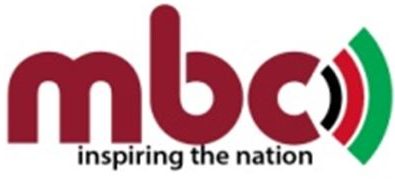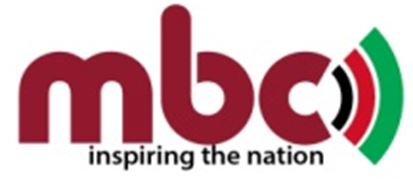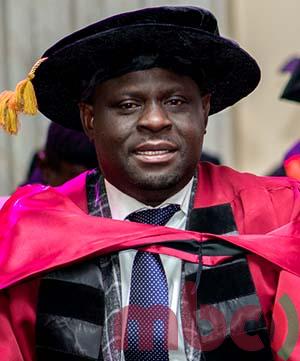Q: What was your first reaction to President Professor Arthur Peter Mutharika’s announcement that secondary education will now be free?
A: I warmly welcome the President’s announcement. Let me give a bit of background, especially for the younger generation. In the past, both public and private schools and hospitals charged fees. When government later made education and health services free in public institutions, people still continued accessing services in private ones. In the same way, the new policy will not stop parents or guardians from choosing private schools for their children.
This is a bold and forward-looking decision that demonstrates the President’s strong commitment to investing in Malawi’s youth. Many families have struggled to afford school fees, so this policy brings renewed hope. It also delivers on one of the DPP government’s key campaign promises, and that deserves great recognition.
Q: Was PRISAM or the private education sector consulted before the government made this decision?
A: As far as I am aware, this particular policy decision came directly from the government. However, at PRISAM we always value dialogue with the Ministry of Education. Even if we were not formally consulted this time, we fully support any initiative that expands access to education. Going forward, regular engagement will be important so that private schools can help the government implement the policy effectively.
Q: Do you think the policy is practical and sustainable for Malawi at this stage?
A: It is certainly ambitious, but it can succeed if supported by strong planning and adequate resources. The government will need to ensure that schools have enough teachers, classrooms, and learning materials. With proper funding and support from development partners, free secondary education can be both practical and sustainable.
Q: What impact do you expect this to have on private secondary schools? Will it affect enrollment?
A: There may be some adjustments, especially at the beginning, but I do not see this policy as a threat. Private schools can continue to thrive by focusing on quality, discipline, and strong academic performance. Many parents still choose private schools because they value the high standards and learning environment. Rather than competing, we see this policy as an opportunity to innovate and complement government efforts.
Q: Some people fear that free education might reduce quality, as happened after the introduction of free primary education in 1994. Is Malawi ready this time?
A: That is a fair concern, and the 1994 experience offers valuable lessons. Then, the rapid increase in enrolment stretched the system’s capacity. Today, however, the government is better prepared, with improved planning and data systems. If we keep quality at the centre of implementation not just numbers Malawi can manage this transition successfully.
Q: What steps should the government take to safeguard quality learning?
A: Firstly, the government should recruit and motivate qualified teachers. Secondly, expand classroom infrastructure to reduce overcrowding. Thirdly, monitor learning outcomes consistently. It will also help if government partners with private schools to absorb additional learners where public capacity is limited. Finally, more investment is needed in science, ICT, and technical education to equip students with practical skills for today’s world.
Q: If secondary education becomes free, would Maranatha or PRISAM shift focus to other levels, such as tertiary or technical training?
A: That is something we are already considering. As demand changes, we can invest more in tertiary and vocational education. Malawi needs skilled, employable young people, and that is where private institutions can make a big contribution. Our aim is to keep supporting the government’s vision by producing capable, disciplined, and productive citizens.
Q: Any final thoughts?
A: I sincerely commend President Mutharika and his government for this forward-looking policy. Education should not be a competition between public and private schools, it should be a partnership. If we work together, this initiative will transform many lives and strengthen Malawi’s future.
#MBCDigital
#Manthu



